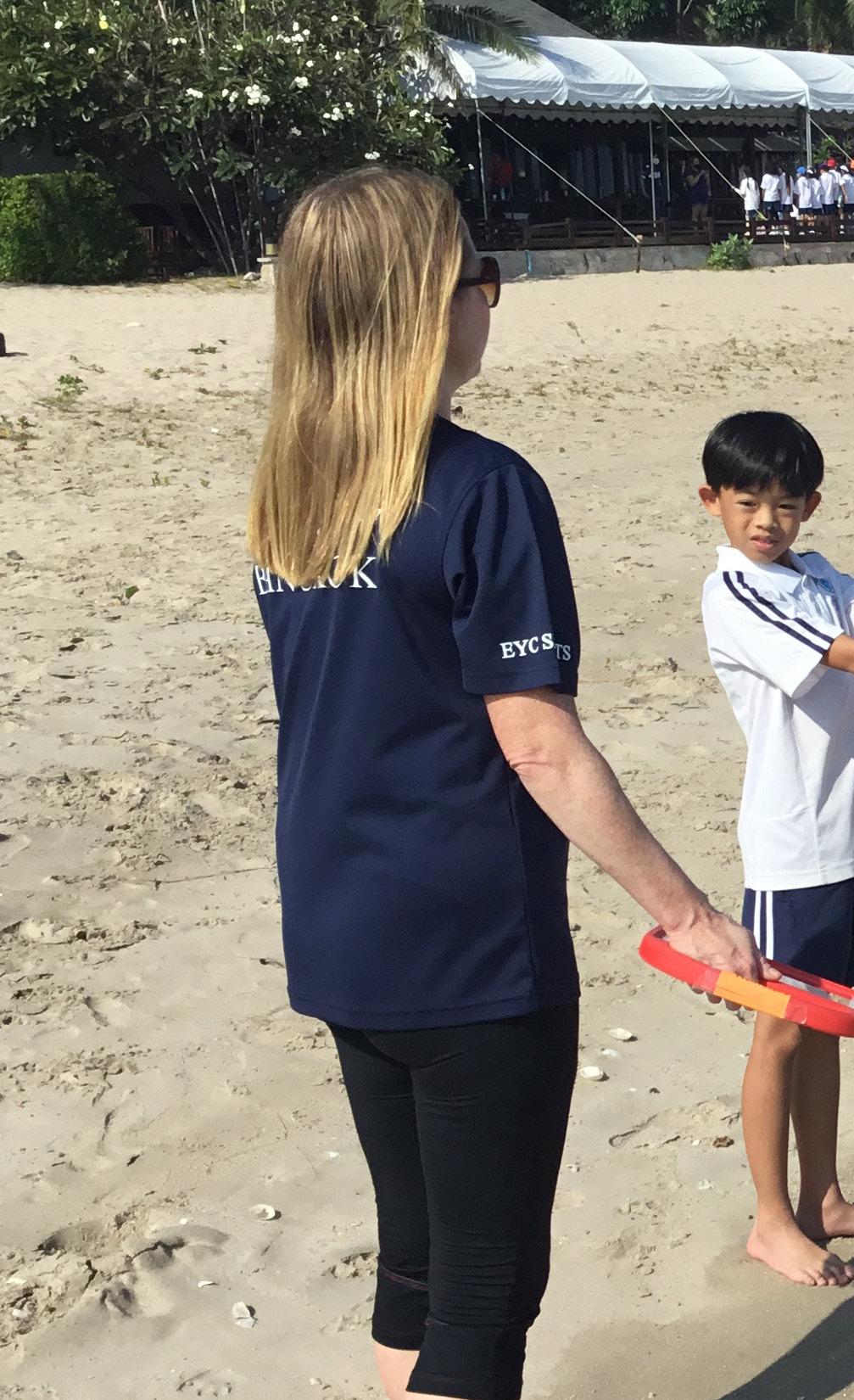
6 minute read
Computing
When I first started leading this subject in 1999, I could never have imagined the technologies available to our students today. However, robotics, artificial intelligence (AI) and augmented reality (AR) all now feature throughout our Lower School curriculum. From Nursery through to Year 5, we have seen amazing outcomes across all three strands of Computing: Computer Science, Digital Literacy and Information Technology.
In the EYC, the children have explored programming through the use of robots and early coding apps. Nursery pupils have navigated Beebots across treasure maps whilst Reception students have programmed them to draw simple shapes. The area of e-safety has been addressed through storytelling and children have created avatars on the iPad to illustrate
Advertisement
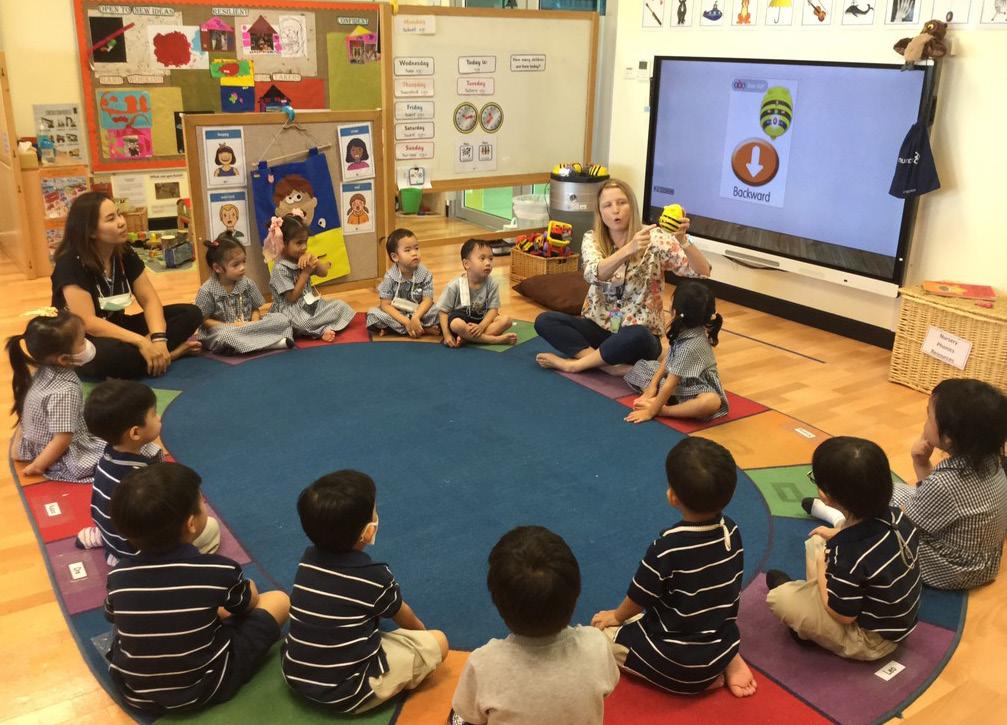
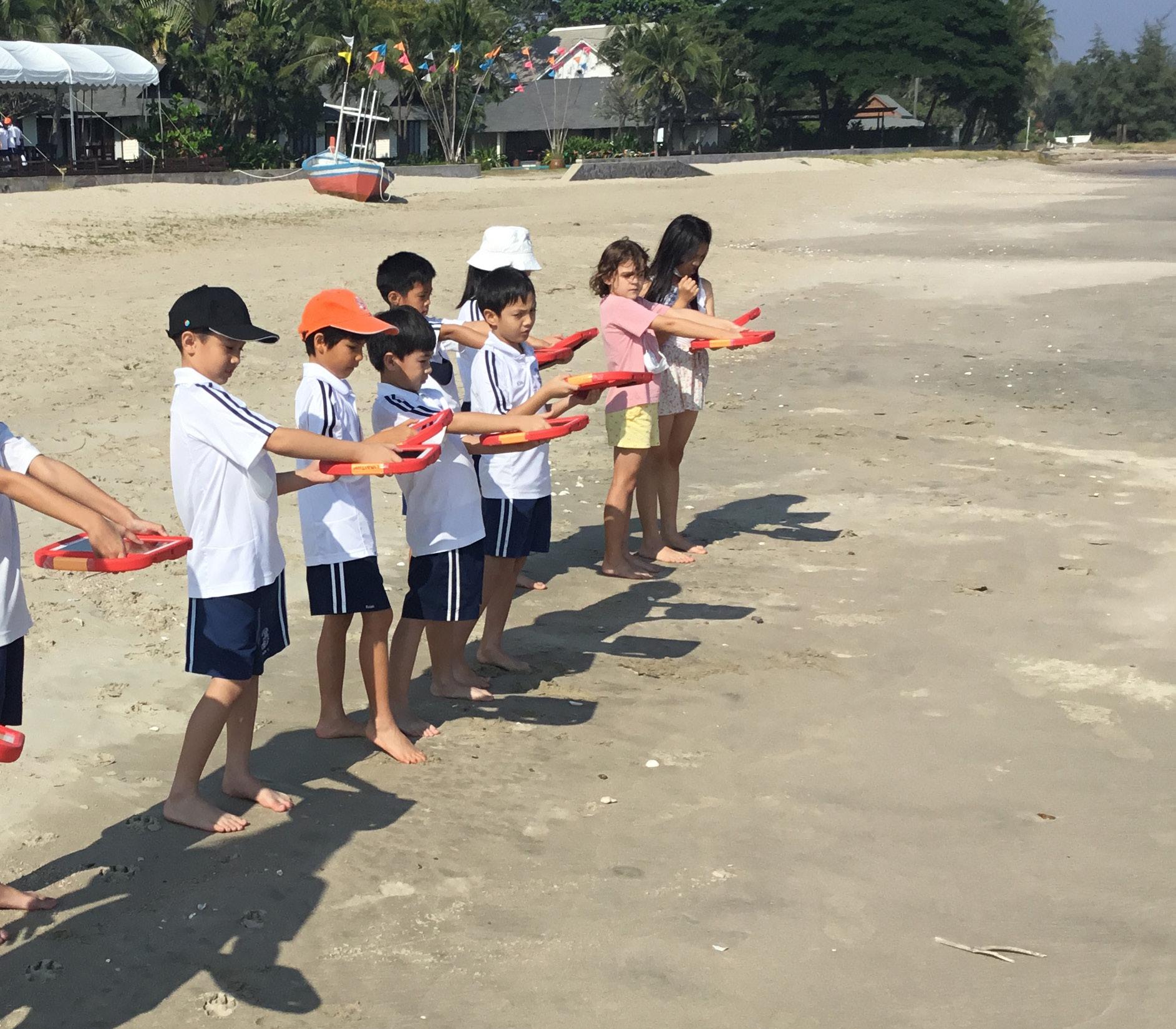
Our Year 4 students took on the role of young fashion designers, coding geometric patterns for T-shirts using x, y and z coordinates. They then moved from block-based to textbased coding, exploring languages such as HTML and CSS and tinkering with the coding on the Harrow website! During school closure, students learnt about photo manipulation and created some stunning pictures of images trapped in bottles using double exposure. Once back at school, they continued this topic and engaged in critical thinking about issues surrounding photo manipulation in fash
Year 5 started with an exciting ‘Film Makers’ project where the students learnt about effective use of camera angles, sound, greenscreen, special effects and editing. More recently, they have been considering the role of AI in the future and coding their own Google Assistants with self-designed graphical user interfaces.
the importance of staying safe online. Reception pupils have had fun exploring the potential of AR for visualising structures, such as buildings and bridges, and for re-telling their favourite fairy tales.
The Year 1 students have become competent users of technology, demonstrating increasing automaticity when using a keyboard and mouse. They have developed their programming skills using the app ‘Scratch Junior’ and have recently begun using the full version of ‘Scratch’ in preparation for Year 2. During online learning, the children continued to amaze us with their enthusiasm and creativity, using ‘markup’ to create self-portraits in the style of Van Gogh. Back at school, they animated paintings by the same artist using the app ‘Motionleap’.
High Performance Learning could be seen in action across Year 2, when students were set the challenge of programming Edison robots to become artists. They attached paintbrushes to the robots and created algorithms for them to follow. This process took time and they had to monitor their work constantly, debugging code until they reached the desired outcome. More recently, the students have been coding virtual animals to eat, run and sleep and using AR to project them onto physical models of habitats. Their work on e-safety was also excellent when they turned themselves into ‘Super Protectors’ to illustrate important rules for staying safe online.
In Year 3, the students have learnt the programming concepts of sequence and selection and have coded some fun dinosaur quizzes in Scratch using conditional logic. During an expedition, they collected sounds from the seaside to create digital soundscapes. When they returned to school, they explored this topic further using the app ‘GarageBand’. At the time of writing, Mr Bridger and I are waiting in anticipation for the results of the FOBISIA Coding Competition. The level of work submitted this year was particularly high and this is testament to the students’ commitment to Computing and willingness to continue their learning outside of school. It has been a privilege to lead this ever-changing subject and to have had some part in preparing our students for a future we can only begin to imagine.
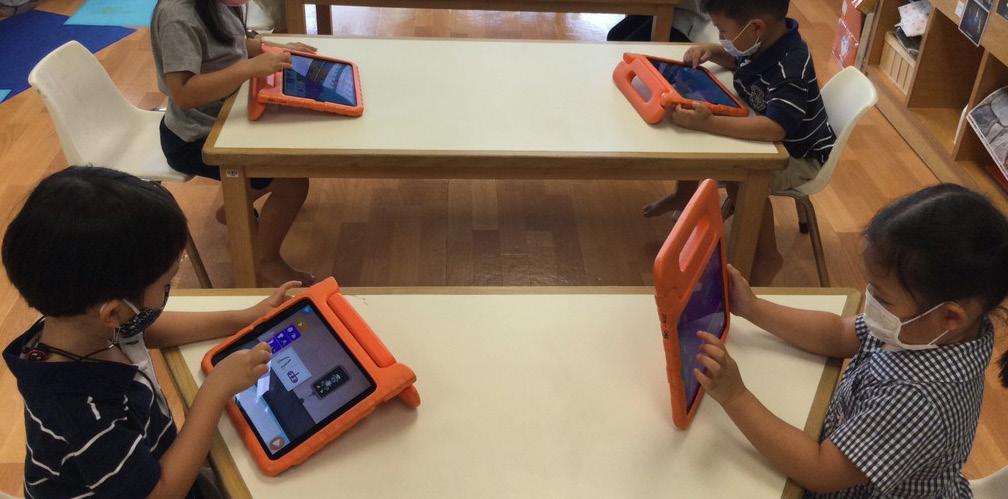
COMPUTING
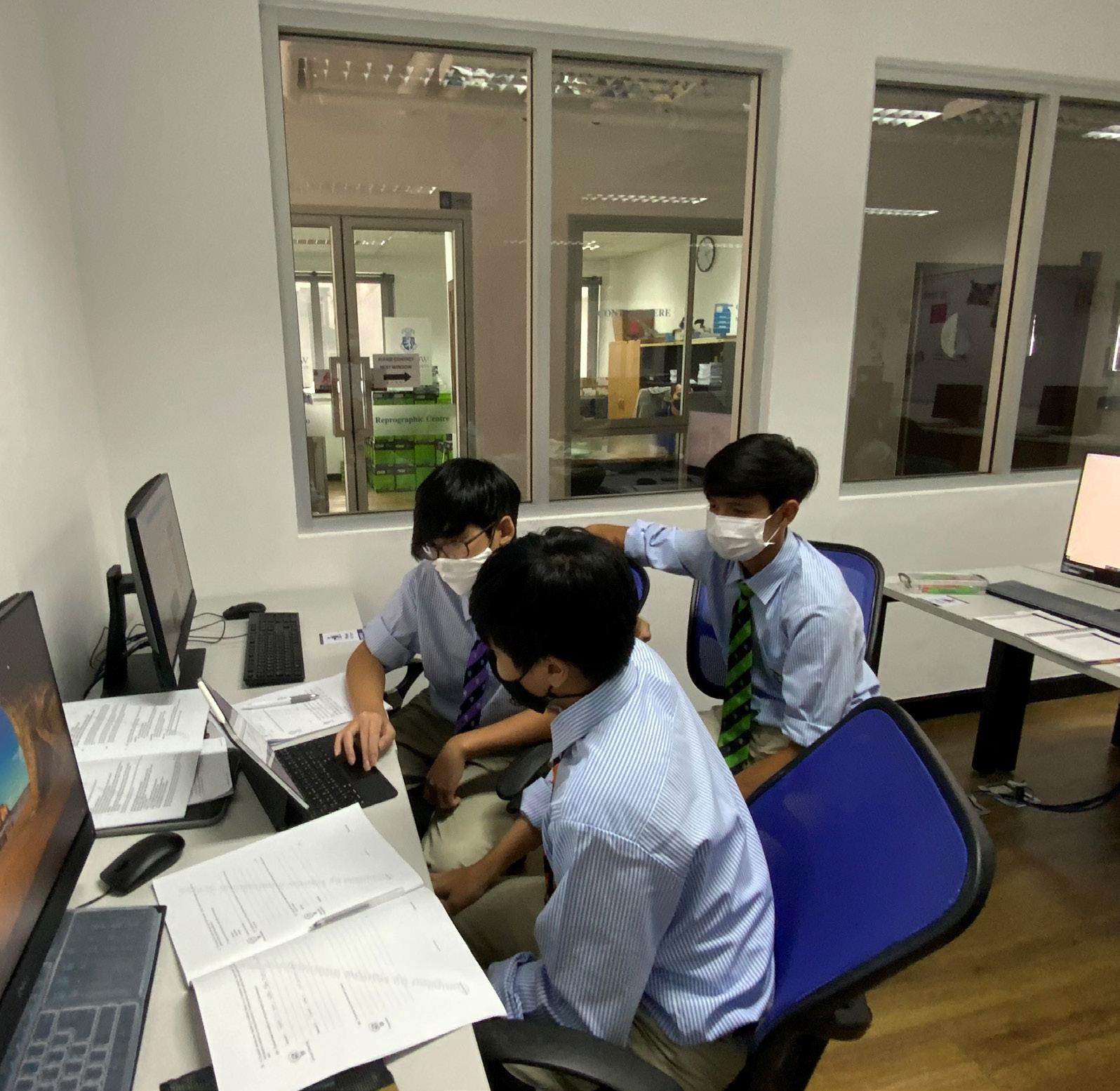
The 2020/21 academic year brought with it some exciting challenges and great optimism for our newest recruit to the Computing
department, Mr Tim Rushbrooke. A highly qualified subject specialist, Mr Rushbrooke is undertaking his first international post and has settled in seamlessly to the Harrow Bangkok way of life.
As a department we have collectively witnessed a range of significant improvements. Based on the exemplary work by the students last year, CIE awarded us with 100% A*-A grades at A2, and the highest percentage of A*-A grades ever at IGCSE (67%). Last year we began to embed an array of programming languages and technologies into our curriculum, with the aim of providing Harrow pupils with the highest quality Computing education. We are now seeing the benefits of this; pupils from SR5 and Sixth Form are already comfortably coding in languages such as C#, Vb.Net, Python, Javascript and C++. Their passion for the subject extends far beyond the classroom, whereby they are developing applications and complex algorithms to further their learning independently, and with great success.
Following on from the success of the 2019/20 Bebras challenge, pupils again had the opportunity to take part in this year’s challenge during the month of November. Pupils in Year 6 through to Year 9 took part during their weekly Computing lessons, with Computer Science pupils in Years 1013 also taking part. The response and success this year was again tremen-
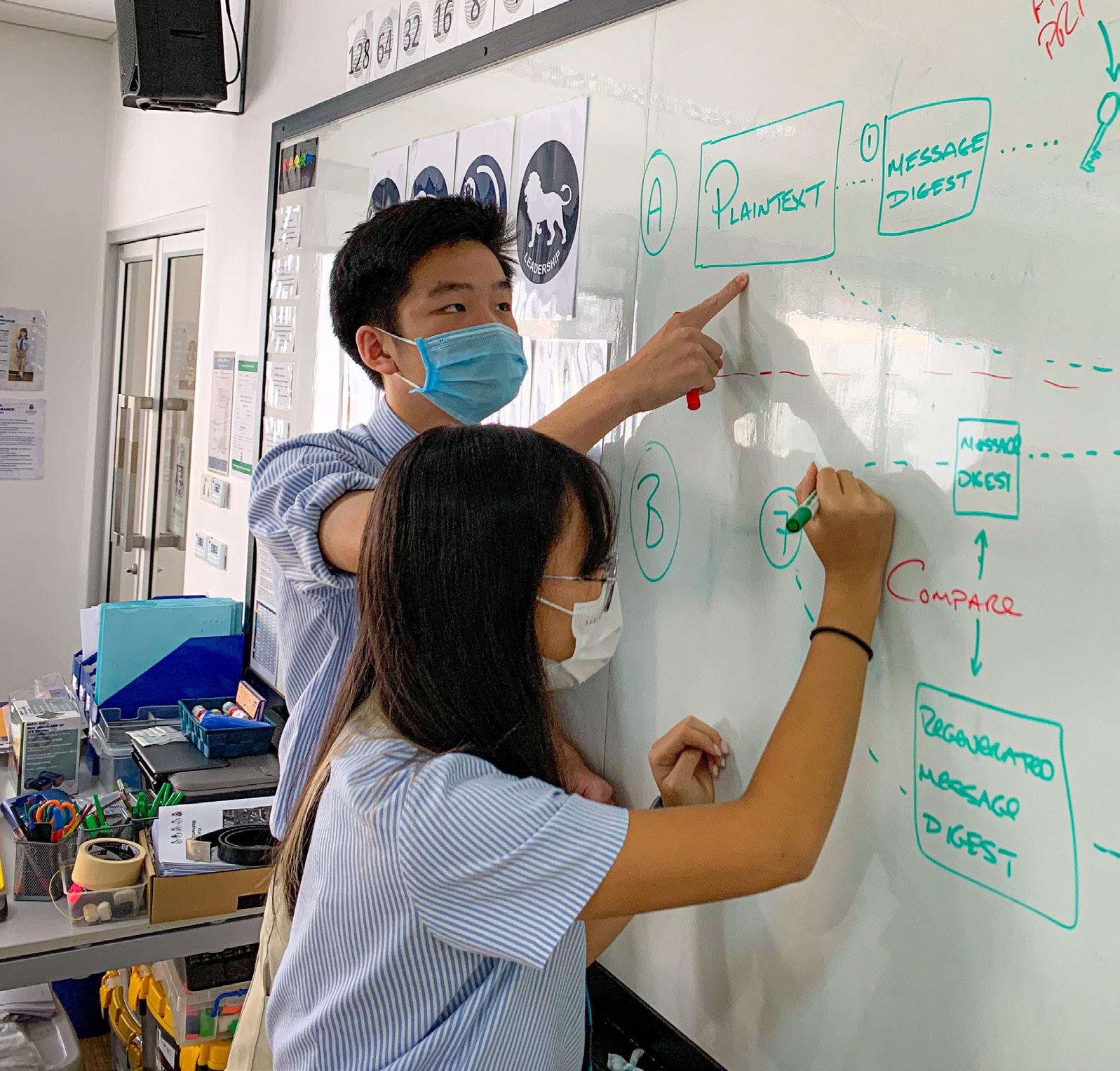
dous, with 84 of our pupils achieving a mark in the top 10% globally, for their respective age category. Nammon Thiratanapong’s performance last year took him through to the later rounds where he ultimately received an invitation to attend a special day at Oxford University, competing against the other top 19 pupils in the world. This year Max Chaimankong, Year 6, received the same invitation to the final round. However, due to Covid-19 restrictions, he participated remotely. Max and the rest of the participants deserve a huge commendation for their efforts. This is further evidence of the fantastic things happening in the Computing department here at Harrow International School Bangkok.
High Performance Learning could be seen in action in all strands of our teaching and learning this academic year. Our accreditation has brought with it a renewed vigour to extend our own teaching practice. Members of the department have used a range of academic literature, training and workshops to develop their skills and provide pupils with all the opportuni-
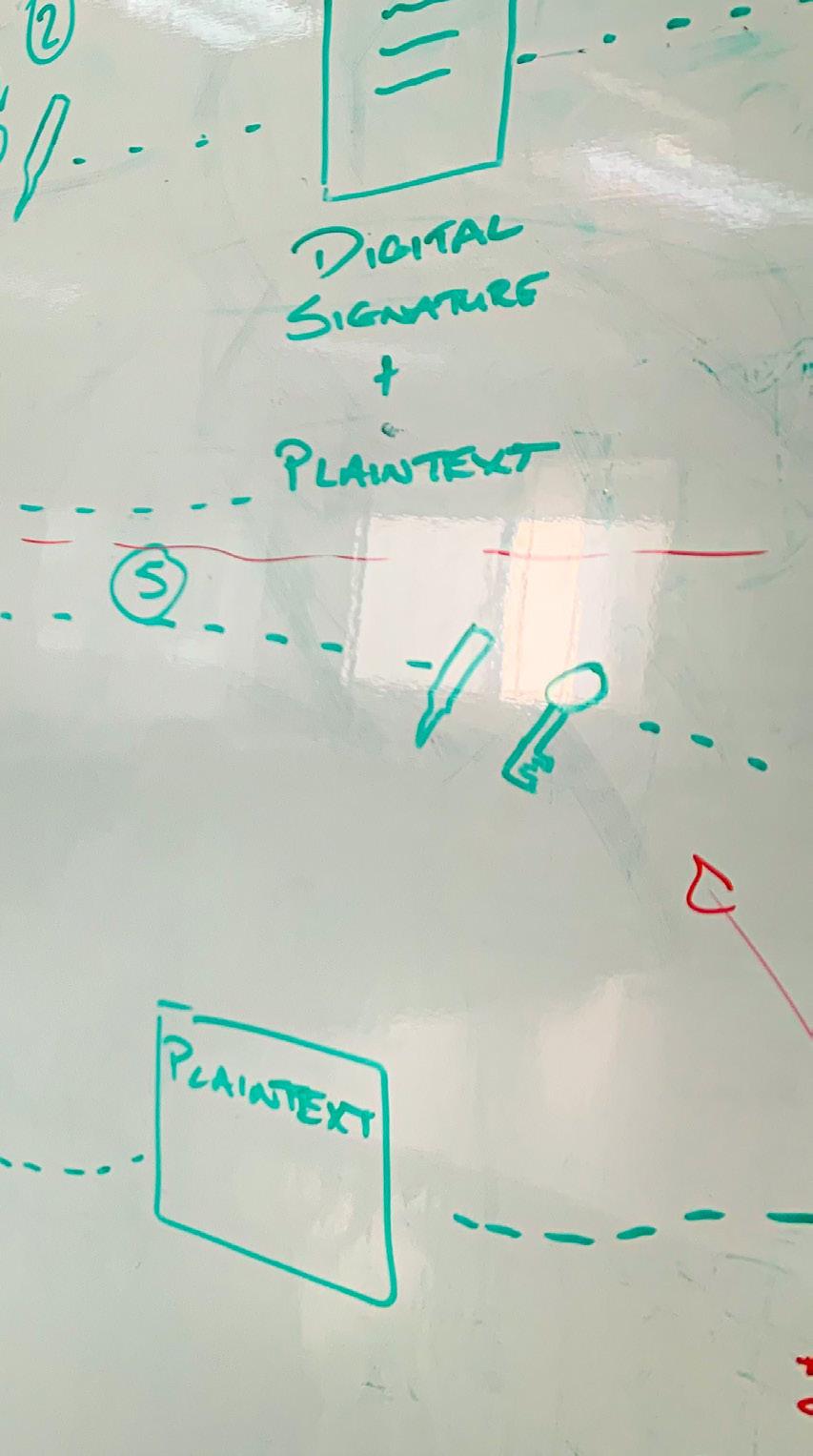
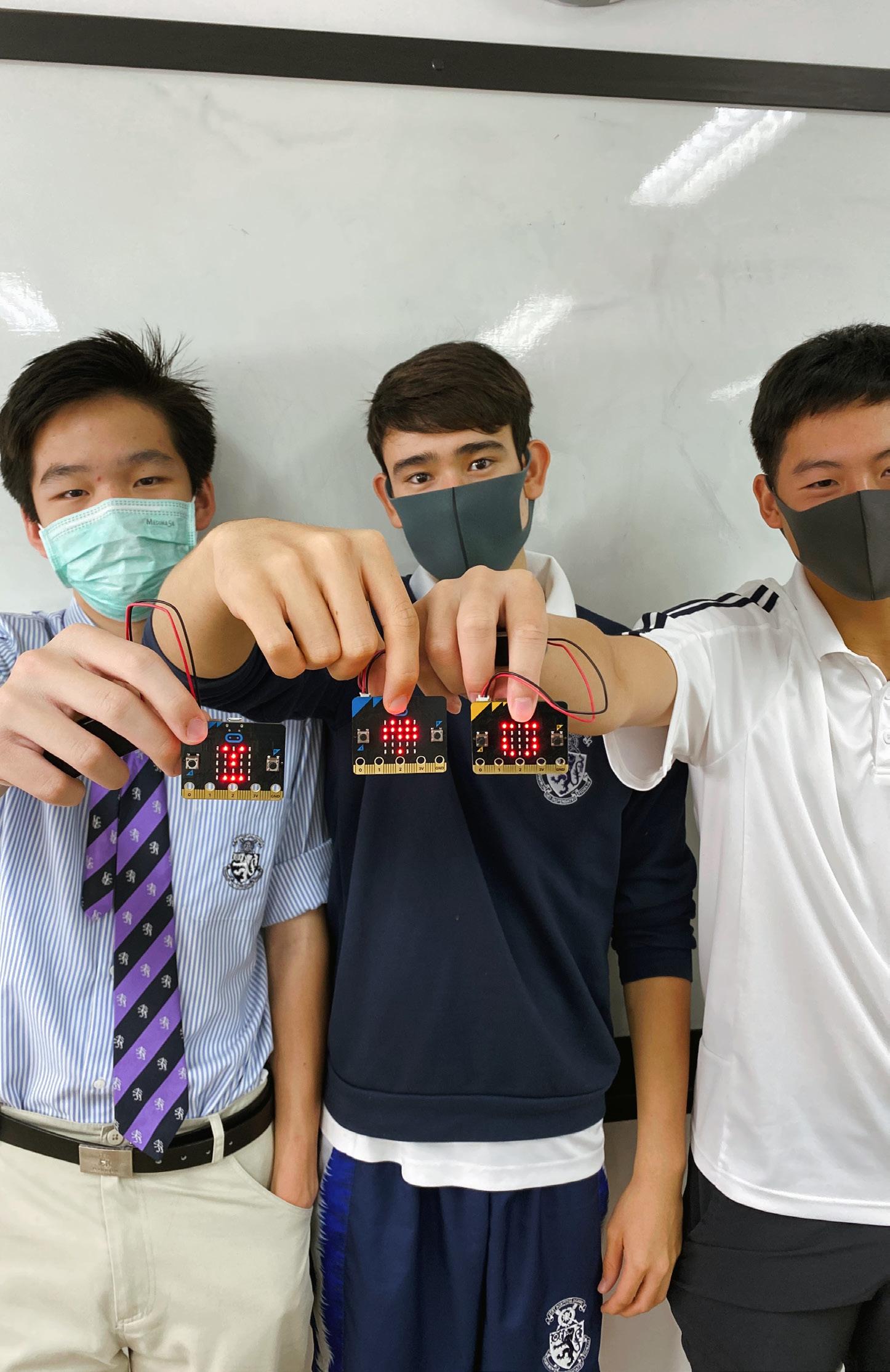
ties a world class education can offer. A particularly exciting new venture saw the introduction of Micro:Bits to the curriculum, whereby pupils engaged collaboratively on mini projects, as we witnessed their engagement and computational thinking skills increase greatly. This is just one of many initiatives the department is working on, alongside programming and robotics clubs, and Harrow computational research projects in the Sixth Form.
On a final note, I would like to take this opportunity to extend my sincerest gratitude to the Harrow community for what has been the most amazing two years of teaching. My wife and I have taken the difficult decision to return to the UK to continue our teaching careers but leave with the most amazing memories of our time in Thailand. The staff at Harrow have been like a second family, and the pupils have made our whole teaching experience worthwhile. It has been a privilege to lead such a committed and dynamic team in such a fantastic environment, with special gratitude to Ms Joseph, Mr Rushbrooke and Mr Rothwell. I wish everyone in the Harrow community a healthy and prosperous future.










